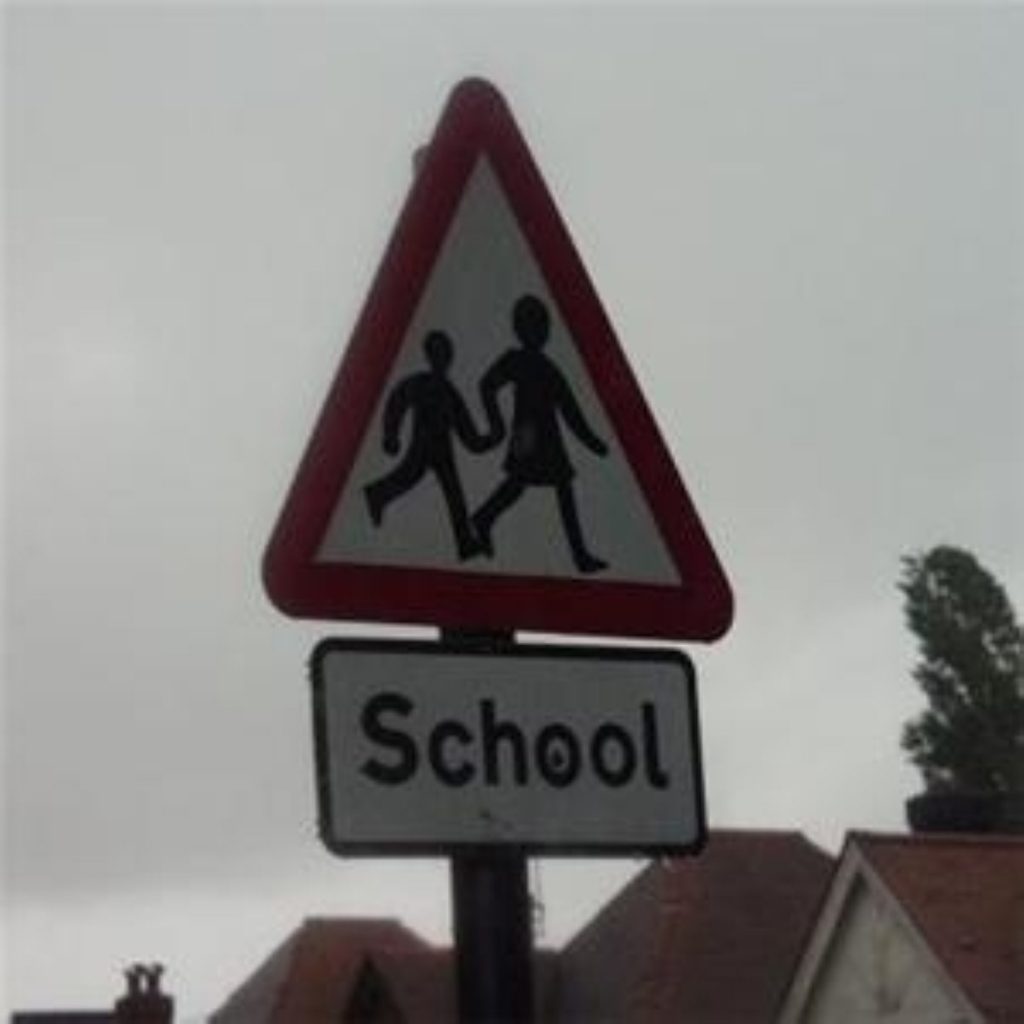Extended schools ‘need better monitoring’
The way progress of the government’s extended schools programme is assessed needs improving, education watchdog Ofsted says.
Its largely positive report on children’s centres and extended schools says these organisations are making a “positive contribution” to the lives of children and their families.
The report found most schools now offer out-of-school activities like homework clubs, sport, music tuition and special interest clubs, while parents valued the variety of childcare options available.
“It’s encouraging to see that extended schools, and children’s centres in particular, are making good progress overall in the range of services they offer for children, young people and their families,” chief inspector for education, children’s services and skills Christine Gilbert said.


“However, the monitoring and evaluating the impact of these services is an area for improvement – especially in relation to the academic attainment of children and young people, she added.
More should also be done to attract families which are not yet using the services available, Ms Gilbert said.
Training and Development Agency chief executive Graham Holley welcomed the report, highlighting the link it found between improved academic performance and participation in extended school activities.
“Ofsted found that the schools with the most effective services had integrated them into their school improvement plans and had a clear focus on improving positive outcomes for children and young people,” he said.
Mr Holley suggested more schools could use the improvement framework his organisation offers to better organise their extended provision.
Former education secretary Ruth Kelly introduced the government’s ‘dawn to dusk’ extended schools scheme in 2005 after a two-year pilot.
The move was designed to improve community cohesion, help hard-working families and boost education, but was criticised as being poorly funded by teachers’ organisations.












